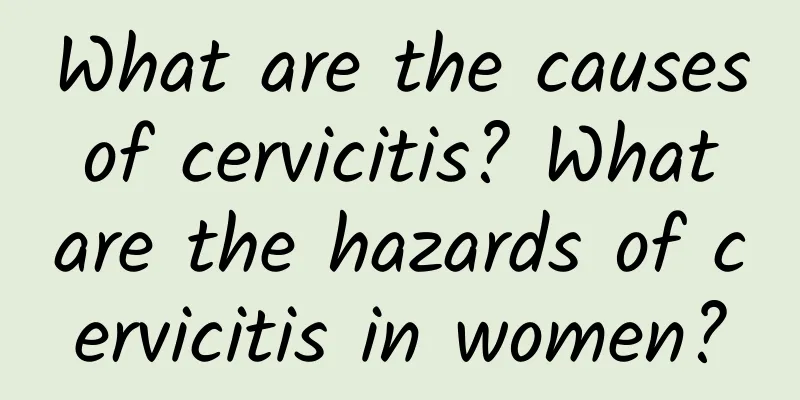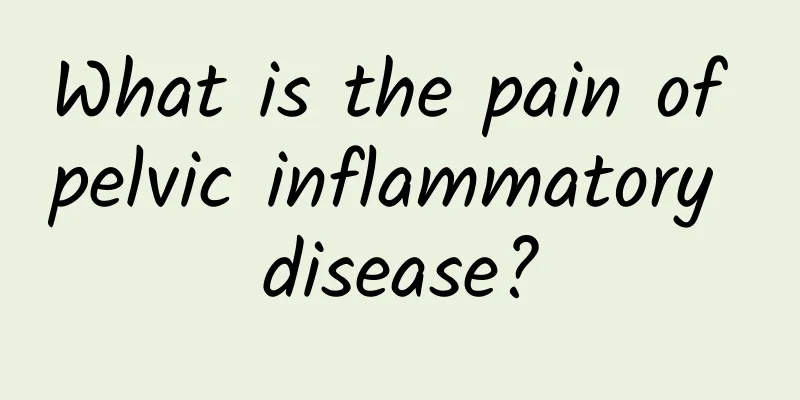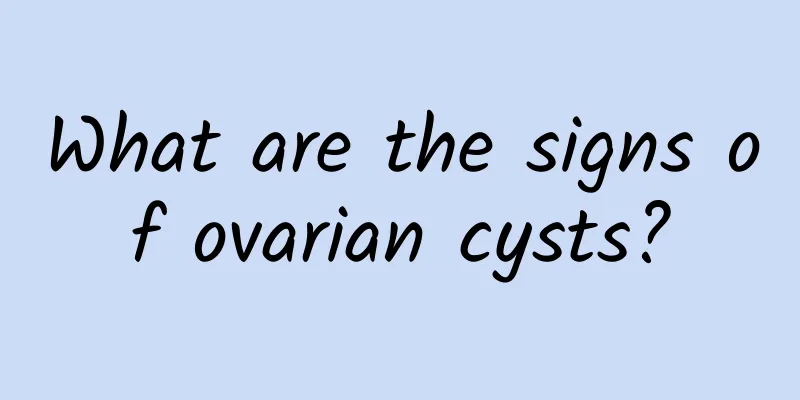Irregular menstruation after interventional embolization for uterine fibroids

|
Irregular menstruation after interventional embolization for uterine fibroids may be a normal situation, or it may be caused by surgical failure, postoperative infection, pelvic inflammatory disease, endometriosis, etc. It is recommended to seek medical attention in time, and after the cause is determined, appropriate improvement or treatment measures should be taken under the guidance of a doctor. The specific analysis is as follows: 1. Normal situation: During the interventional surgery, the embolic agent may damage the endometrium, so the patient may experience a small amount of vaginal bleeding within 1 to 2 months after the interventional surgery. The amount of bleeding is generally small and will not be accompanied by other discomfort. Generally, no special treatment is required, but personal care should be taken, and sanitary napkins and mini towels should be used correctly. 2. Operation failure: If the doctor's operation level is poor or the operation is improper during the operation, the interventional treatment may fail, and the uterine fibroids cannot be effectively removed. After the operation, the patient will experience irregular vaginal bleeding, lower abdominal pain and other symptoms. It is recommended that the patient choose a local public hospital and undergo interventional embolization surgery again after evaluation by the doctor. 3. Postoperative infection: If you do not pay attention to personal care or take a sitz bath after surgery, pathogens may invade, leading to reproductive system infection, strong odor of vaginal discharge, increased vaginal discharge, vaginal bleeding, etc. You need to follow the doctor's advice and take drugs such as metronidazole suppositories, tinidazole suppositories, and amoxicillin capsules. 4. Pelvic inflammatory disease: The disease refers to an inflammatory reaction in the upper reproductive tract organs and their surrounding tissues. Under the stimulation of inflammation, lower abdominal pain, fever, increased vaginal discharge, menstrual disorders, etc. need to be treated with drugs such as levofloxacin hydrochloride capsules, azithromycin tablets, and metronidazole tablets according to the doctor's advice. 5. Endometriosis: The disease is more common during the reproductive period. It is mainly caused by the growth of endometrial tissue outside the uterine cavity and myometrium, which can cause menstrual disorders, secondary dysmenorrhea, etc. It can be treated with drugs such as indomethacin tablets, medroxyprogesterone acetate tablets, and norethisterone tablets according to the doctor's advice. During treatment, patients are not advised to change the doctor's treatment plan without permission, so as not to affect their disease control. In addition, when the disease causes irritability, anxiety and other emotions, timely guidance is needed to avoid negative emotions affecting disease control. |
<<: I couldn't hold back and had sex 15 days after the abortion.
Recommend
How much does it cost to have a painless abortion?
Nowadays, people aged 18-25 are the most likely t...
Can intrauterine adhesions be cured? There are many ways
Intrauterine adhesion refers to adhesion of the i...
Early care of vulvar leukoplakia
Early care of vulvar leukoplakia is very importan...
Breakfast anti-aging health technique Wu Mingzhu: drink red dates and black fungus soup
Regardless of gender, age or status, if you want ...
How to use medicine for ovarian cysts
Ovarian cysts are benign tumors that grow in the ...
How to prevent gynecological diseases, these 6 measures must be mastered
Many female friends will be troubled by gynecolog...
How long should I take the medicine for threatened abortion?
Some women find that they have a small amount of ...
If the face is not swollen, it is not edema? Check out these 6 characteristics of women with edema!
"Oh my god! I weighed myself this morning an...
Practicing yoga can relieve menstrual cramps in women
Yoga is an aerobic exercise that helps you cultiv...
Brief analysis of the harm of cervical erosion in female friends
Cervical erosion is a disease that women are pron...
Can pelvic effusion be cured by hanging a bottle?
Can pelvic effusion be cured by hanging a bottle?...
Experts tell you what women should eat during menstrual cramps
The phenomenon of severe abdominal pain during me...
Cancer-causing traps you must know when barbecuing during Mid-Autumn Festival! Nutritionist teaches "Traffic Light BBQ Secrets" to grill healthy and delicious food
When the traditional Mid-Autumn Festival comes, w...
Symptoms of ovarian cysts
Ovarian cysts are also a type of female gynecolog...
Best treatment for endometrial tuberculosis
Endometrial tuberculosis is tuberculosis of the e...









![[Video version] Is it necessary to eat breakfast? Eat real eggs! 6 tips to control weight without eating fat](/upload/images/67dcf7c67a788.webp)